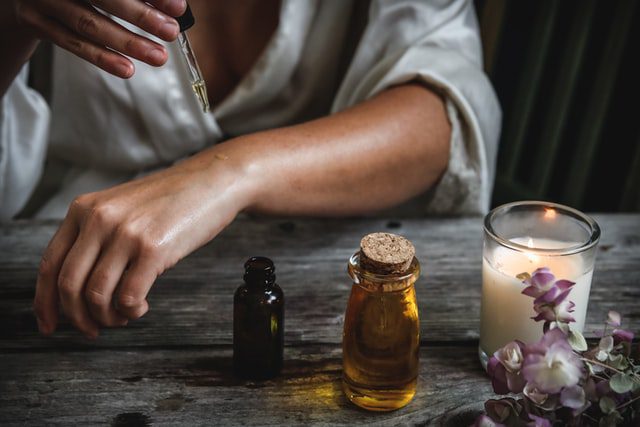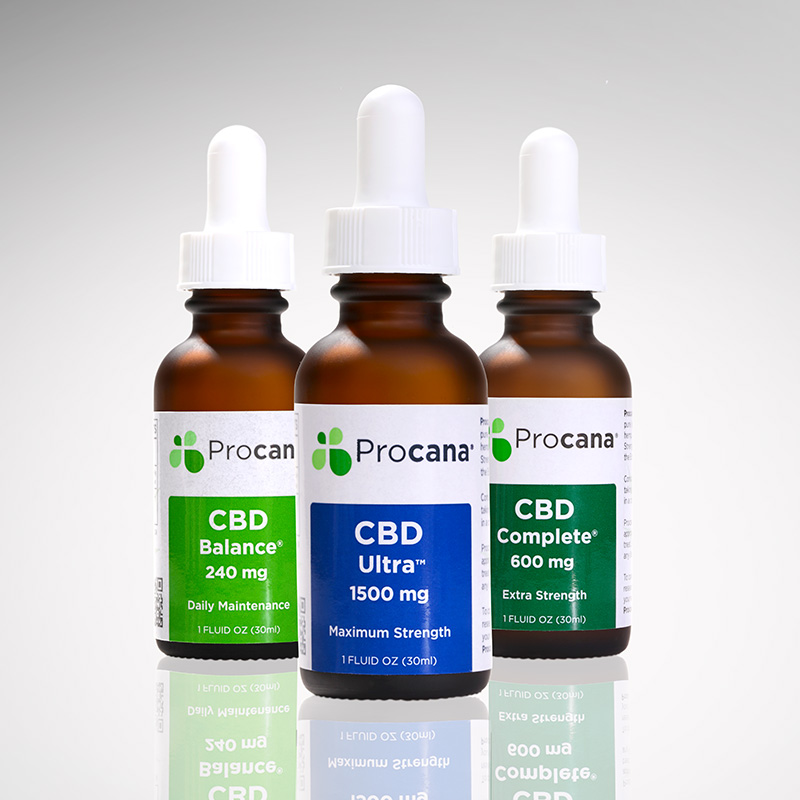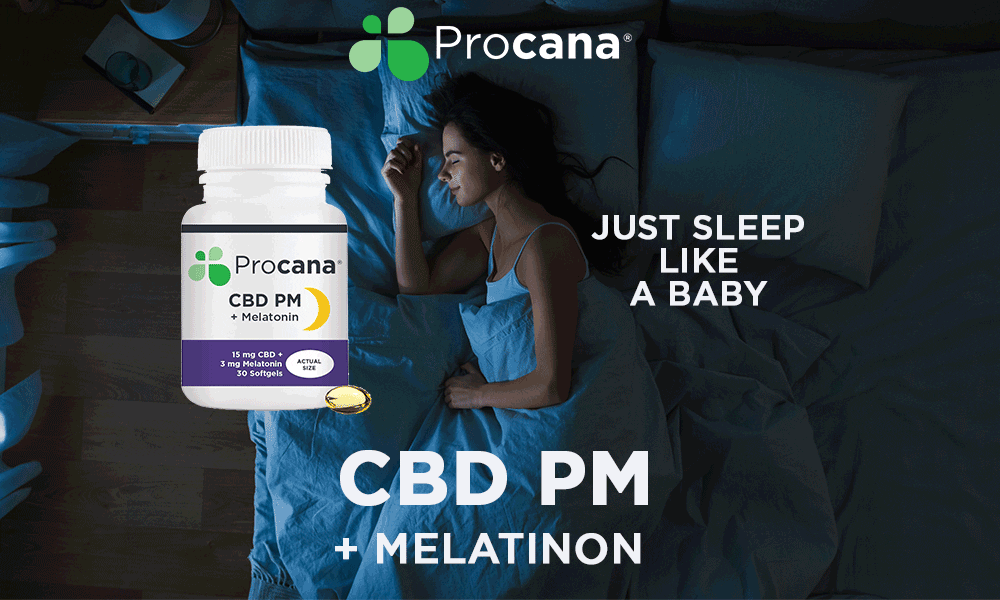Imagine you come home from a long day at work and when you walk inside a room, the serene scent of geranium greets you. Ahh, so relaxing! You feel your stress slowly fading away – it’s as if the burden on the day is melting away. Your body begins to feels a sense of peace and calmness. Along with promoting relaxation, there are countless healing benefits of aromatherapy.
The common question often asked is, “What is aromatherapy? How does it work? And what are the healing benefits of aromatherapy?” Keep scrolling below to get the answers to some of the frequently asked questions related to aromatherapy.
What Is Aromatherapy?
Aromatherapy is a holistic healing treatment based on plant extracts to promote health, relieve symptoms and entice mental peace. It is also called essential oil therapy. Aromatherapy uses aromatic essential oils medicinally to improve the mind, body, and spirit. It improves both physical and emotional health. The oils are extracted from roots, rinds, stalks, leaves or flowers. They are mixed in another substance such as oils, lotion or alcohol and then sprayed in the air, applied to the palms of the hands for inhalation, and even applied to the skin. These oils can be used in massage or added to a bath.
It is believed that aromatherapy originated in Europe. It has been in practice since the early 1900s. However, essential oils have been used for medicinal purposes for nearly 6,000 years.
How Aromatherapy Started?
The term “Aromatherapy” was coined by the French perfumers and chemist René-Maurice Gattefossé, who published in 1937. The book focuses on the benefits of essential oils for improving one’s health. He is the same chemist who discovered the potential of lavender for treating burns.
Aromatherapy has been utilized for thousands of years. Ancient cultures in China, India, and Egypt have always incorporated plant components in oils, creams, balms, and resins. These naturally-obtained substances were used for both religious and medical reasons. They had many physical and spiritual benefits on the body.
Essential oil extraction goes back to Persians in the 10th century. Official documentation dates back to the 16th century in Germany. Later in the 19th century when French physicians saw the healing potentials in essential oils.
How Does It Work?
Aromatherapy practitioners believe that essential oil fragrances stimulate nerves in the nose. The nerves send impulses to the part of the brain that controls memory and emotion. The results of the aromatherapy depends on the type of essential oil used in the therapy.
The oils interact with the body’s enzymes and hormones to cause changes in blood pressure, pulse and other body functions. Another research believes that oils may stimulate the body to produce pain-fighting substances.
Aromatherapy works on the sense of smell and skin absorption using products such as:
- Bathing salts
- Body oils, lotions and creams or topical application
- Aromatic spritzers
- Hot and cold compresses
- Essential oils directly
These products are sometimes used in combination form or alone for desired results. There are over a hundred types of essential oils available, however, only the most popular oils are commonly used.
Essential oils are readily available in health food stores or supermarkets. It is recommended to purchase from a reputable dealer since they are not FDA regulated. Verify your oils do not contain any additives or synthetic ingredients. Each essential oil has vast healing qualities, uses, and benefits. Combining different essential oils to create a synergistic blend boosts the benefits.
How to Use Aromatherapy?
Typically, aromatherapy can be used through inhalation or as a topical application.
– Inhalation
The oil is evaporated in the air through a diffuser container, spray or oil droplets. It is also breathed in a steam bath. Besides providing a pleasant smell, the oils can give respiratory disinfection, decongestant, and psychological benefits. The essential oils affect the limbic system, heart rate, breathing, memory, stress, and hormone balance.
– Topical Application
The massage oils and skincare products are absorbed through the skin. Applying oil and massaging it can improve blood circulation and increase absorption through the sweat glands and hair follicles. They can also be diluted with a carrier oil by applying a few drops of essential oil in an ounce of carrier oil. The most effective and common carrier oils are almond oil and olive oil.
Benefits of Aromatherapy
Aromatherapy is a holistic approach to alleviating symptoms of stress, skin conditions, sleep disruption, respiratory inflammation and much more.
– Stress, Low Energy
With today’s fast lifestyle, stress has become a part of life. Sometimes it is nearly impossible to dodge it, but there are ways to manage it. It affects people in different ways. Lavender essential oil is commonly used in reducing stress. It calms the nervous system, lowers blood pressure and heart rate. Other great essential oils for stress are lemongrass, jasmine, and chamomile.
– Improves Focus
Struggling with focus and concentration? Essential oils can work wonders on memory, cognitive performance and concentration. Basil and sage are extremely helpful for improving focus.
– Reduces Physical Pain
Aromatherapy has a more significant impact than in decreasing physical pain – specifically obstetrical, postoperative and gynecological pain. Eucalyptus, turmeric, thyme, and ginger are additional options for aiding with the reduction of physical pain.
– Improve Sleep
Some essential oils are famous for their natural sedative properties. Lavender is the most suggested essential oil to promote peaceful sleep. Also, chamomile, bergamot and chamomile are great complimentary oil to aid with restful sleep.
– Hair Growth
Who does not love long, robust, and dandruff-free hair? To avoid harsh chemicals, essential oils have long been utilized in hair care products as a safe alternative to achieve stronger, healthier hair. Rosemary essential oil is said to show noticeable results. Tea Tree, myrrh and helichrysum essential oil are the best options for hair growth.
Other than the benefits mentioned above, there are other benefits of aromatherapy that aid in improving health conditions.
Are you ready to experience the benefits of essential oils and aromatherapy? If you are looking for a natural approach to healthcare, aromatherapy is your answer. Aromatherapy can be a helpful alternative to aid in alleviating symptoms to some health conditions, but it is always recommended to be used with caution, and consult your medical professional prior to starting an aromatherapy regime.





